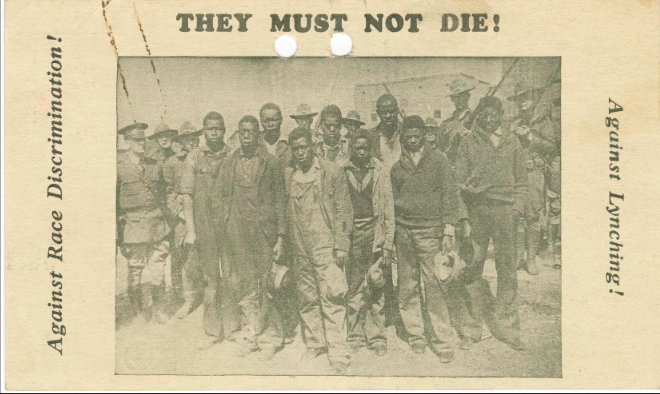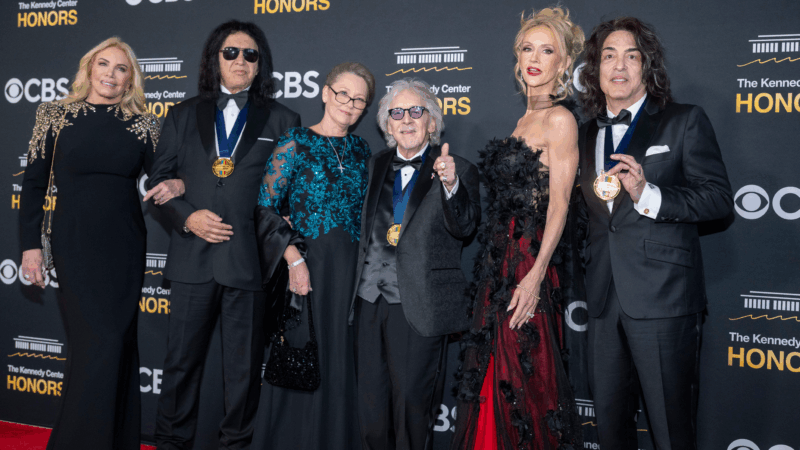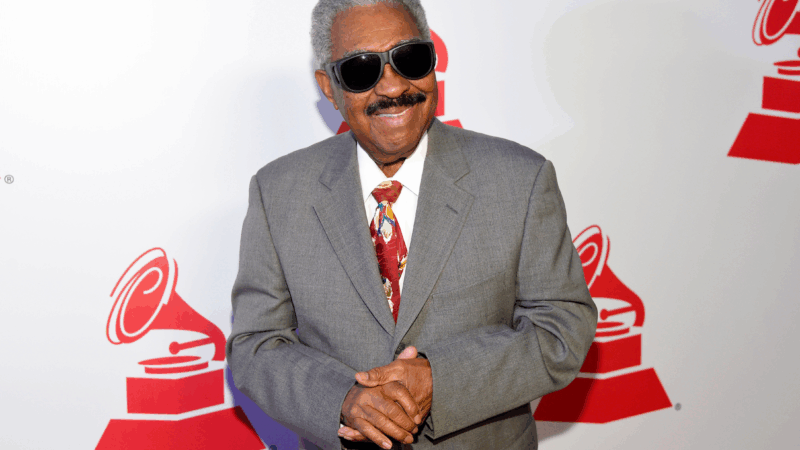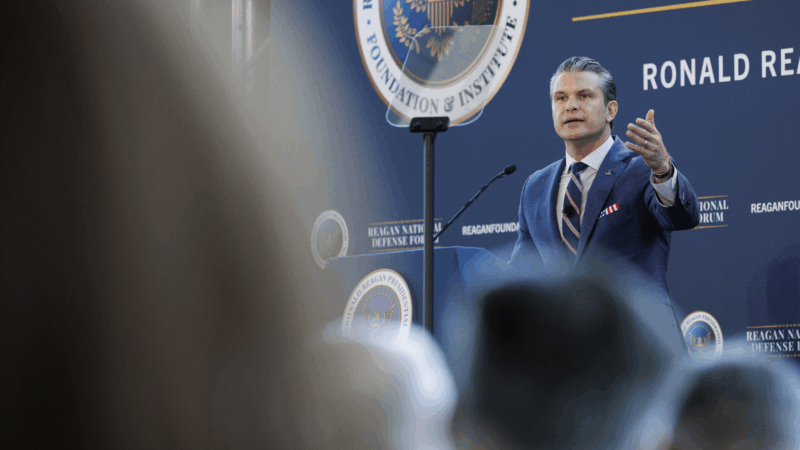Remembering Sheila Washington, Who Brought Honor To The Scottsboro Boys
Alabamians are mourning the death of Sheila Washington, the founder of the Scottsboro Boys Museum and Cultural Center. Washington fought to bring honor and dignity to the nine young Black males falsely accused of rape during the Jim Crow era.
As a child, Washington was fascinated with the story of the Scottsboro boys who ranged in age from 12-19. They were traveling by train through Jackson County when they were accused of raping two women. The 1931 trial drew national attention. An all-white jury in Scottsboro sentenced eight of the nine to death.
Later, the U.S. Supreme Court heard arguments in the case leading to two landmark civil rights precedents regarding the right to counsel and non-discrimination in jury selection.

Credit: Alabama Department of Archives & History
Washington learned about the case through an old book hidden in her father’s pillow case. She’d share that childhood story often, saying “one day when I get older, I’m going to find a place and honor the Scottsboro boys. I’m gonna put this book on the table and burn a candle in their memory.”
Washington did just that in 2010 when she opened the Scottsboro Boys Museum and Cultural Center.
Morgan County Archivist John Allison said Washington faced a lot of opposition when she opened the museum. He said as generations passed, people in the majority white town wanted to move on and forget about it.
“Sheila knew that this was a story worth telling,” he said. “It was a story that we needed to tell, a story we needed to address about the injustices that had happened to these young men.”
It took Washington nearly two decades to open the museum. Allison helped her gather materials from the trials.
Washington also received help from the Black Heritage Council of the Alabama Historical Commission. Louretta Wimberly, a founding member of the council, said Washington often faced resistance but she was determined.
“Sometimes you have to be persistent,” she said. “You have to be patient, but you have to be courageous. She was a courageous, persistent person and she believed in what she was doing.”
Washington also became the driving force to clear the names of the Scottsboro boys for good. With help from a legal team at the University of Alabama, she worked with state lawmakers to issue posthumous pardons when convictions involved racial discrimination.
In 2013, then Governor Robert Bentley signed the bill and the Scottsboro boys were exonerated. Allison, the archivist, said Washington’s efforts helped the city overcome a big racial stumbling block.
“And I think that also maybe helped us to set a precedent that these things could be done, that it’s never too late to do the right thing,” he said. “It’s never too late to right the wrongs of the past.”
Washington died unexpectedly on Friday, January 29. She was 61. She’ll be remembered for her courageous fight to bring honor to the Scottsboro boys even though they didn’t live to see it.
Tribute to Shelia Washington With profound sadness, we learned of the death of Shelia Washington on Friday. Shelia was…
Posted by Widen the Circle on Monday, February 1, 2021
Tributes, not politics, play center stage as Trump hosts the Kennedy Center Honors
President Trump said he was closely involved with picking the honorees, and on Sunday he became the first president to host the Kennedy Center awards ceremony.
Thailand launches airstrikes along border with Cambodia as tensions reignite
Both sides accused the other of breaking a ceasefire that halted fighting earlier this year. Longstanding border disputes erupted into five days of combat in July that killed dozens.
Rafael Ithier, a legend of salsa music, dies at 99
The pianist, composer and arranger spent more than six decades turning El Gran Combo into one of the premier salsa institutions of Latin America and beyond.
Light from satellites will ruin majority of some space telescope images, study says
Astronomers have long been concerned about reflections from satellites showing up in images taken by telescopes and other scientific instruments.
Defense Department is reviewing boat strike video for possible release, Hegseth says
In a speech on Saturday, Defense Secretary Pete Hegseth defended the strikes, saying: "President Trump can and will take decisive military action as he sees fit to defend our nation's interests."
Bama, Miami in, Notre Dame out and Indiana No. 1 in College Football Playoff rankings
Nobody paying attention for the past 24 months would be surprised to see Indiana – yes, Indiana – leading the way into this year's College Football Playoff.








